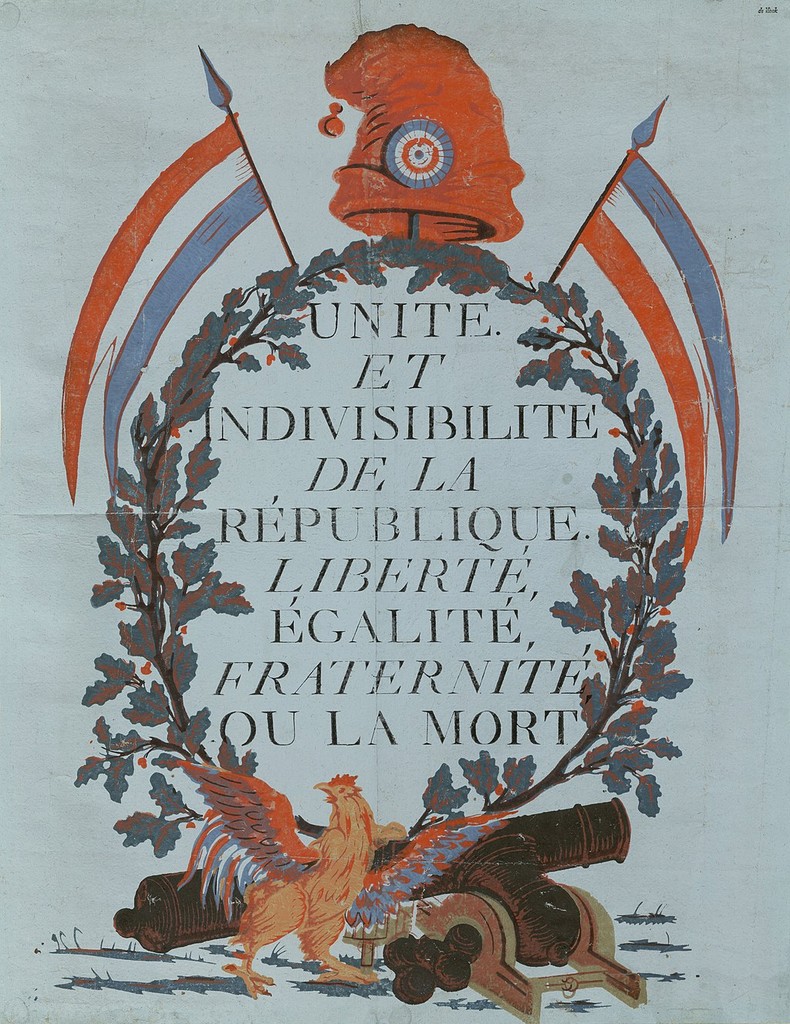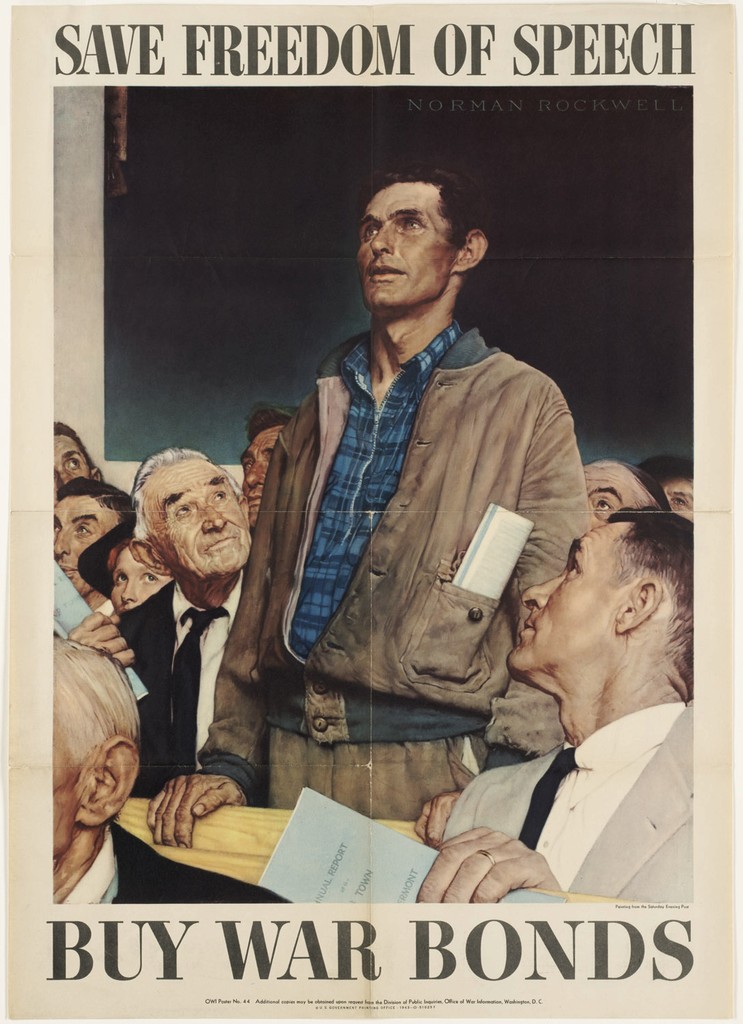We
combine
strategic
propaganda
with
modern distribution
to
help
frontier tech
founders
control
their
narratives.
Trusted (with discretion) by:
THE ART OF
INFLUENCE
Strategic
Propaganda
was
once
a
common
tactic
for
large
organizations
to
engineer
public
awareness.
It
does
something
that
few
other
forms
of
influence
are
able
to
achieve:
Propaganda
drives
people
to
action
toward
a
specific
outcome.
But, like any other tool, propaganda enables a creative advocate to either improve the world or tear it apart.
It can be used to galvanize a nation against an existential threat or turn that same nation against its own citizens.
It
can
be
used
to
generate
support
for
a
promising
new
technology
or
villainize
an
emerging
startup
that
threatens
the
incumbent.
Tragically,
for
the
past
30
years,
the
art
of
propaganda
has
been
completely
abandoned
in
favor
of
more
direct,
quantifiable
forms
of
influence
like
sh*tty
advertising
campaigns,
soulless
user-generated
content,
and
neutered
TV
advertising.
OLD SCHOOL TACTICS, MODERN DISTRIBUTION
Today,
modern
information
distribution
has
been
completely
democratized.
Biased
news
media
organizations,
feckless
journalists,
and
"public
relations"
professionals
no
longer
control
the
world's
access
to
information.
Social
media
channels
like
and
allow
anyone
to
build
an
audience
and
speak
directly
to
that
audience
without
the
need
for
an
intermediary.
Detailed,
written
content
like
blogs,
newsletters,
and
whitepapers
reach
millions
of
people
every
day.
Visuals
content
like
memes
and
short-form
videos
have
the
unique
ability
to
spread
complex
ideas
quickly.
Auditory
content
like
podcasts
allows
anyone
to
communicate
with
more
precision
and
nuance
than
ever
before.
"The medium is the message."
And
there
have
never
been
so
many
ways
for
a
message
to
be
packaged,
spread,
and
consumed.
BRIDGING THE GAP BETWEEN VISION AND REALITY
Founders,
particularly
those
building
at
the
edges
of
frontier
tech,
face
a
unique
paradox
within
today's
narrative
landscape.
They’re not just engineering a new technology. Oftentimes, these builders are developing an entirely new market from the ground up.
To
do
so
successfully
requires
startup
capital,
talented
engineers,
early
adopters,
amicable
regulators,
and
an
industry
of
early
evangelists
who
support
the
company's
mission.
Without this community of ‘1,000 True Fans’, it’s nearly impossible for a founder to bring their vision to life.
So,
how
do
you
bridge
that
gap
between
vision
and
reality?
A
great
story.

CONTROL YOUR NARRATIVE
There is nothing in this world more powerful than a compelling story.
Humans are narrative-driven by nature — When faced with overwhelming complexity, we use stories to make sense of the world around us.
As a result, the world as we understand it today is simply the result of a series of compelling stories told so frequently that reality eventually bent in that direction.
The
ability
to
create,
disseminate,
and
control
a
narrative
is
quickly
becoming
the
most
important
skill
of
any
ambitious
founder.
The founder who tells the best story will raise capital quickly, attract the best talent, court regulators, and dominate their market. The founder who fails to do this will become powerless to the stories of others.
If
you
aren't
controlling
your
own
narrative,
someone
else
is.

THE EVANGELISTS
NEWSLETTER/BLOG
WHAT: We write monthly email content in the form of informational pieces, blog posts, newsletter issues, or educational explainers.
WHY: For many highly-technical companies, consumer education can be one of the greatest barriers to widespread adoption. The only effective way to communicate nuanced ideas is to own both the narrative and the distribution. That’s what makes email content so powerful.
Secure your distribution.
Educate your audience.
Control your narrative.
WHO: Best for early-stage and growth-stage companies with a complex product, long sales cycle, or high customer LTV.
SOCIAL MEDIA
WHAT: We use weekly content interviews and industry research to write social media content catered to your brand, your audience, and your narrative goals.
WHY: Twitter and LinkedIn are the best places to build your audience of evangelists. A founder with a large social following is better able to hire new talent, find new business partners, acquire new customers, and raise capital.
Social media is the true serendipity machine.
WHO: Everyone.
THE CAPITALISTS
STORY COACHING
WHAT: We conduct 1:1 team interviews and storytelling exercises to translate your vision into a cohesive narrative that can be used to hire employees, raise capital, and generate new business.
WHY: The most important job of any founder is to proselytize your company and your thesis to anyone who will listen. Every successful company is built atop a compelling founding story.
WHO: Best for early-stage founders who have not yet created an Investment Memo or Pitch Deck.
INVESTOR UPDATES
WHAT: We produce high-quality investor updates in the form of detailed email reports (for current investors and board members) or beautiful summary decks (for future/potential investors).
WHY: Fewer than 50% of startup founders send monthly Investor Updates. How badly do your investors want you to send these monthly reports? Really, really badly, as it turns out.
WHO: Best for founders of all stages who are looking to fundraise in the next 6-12 months.
THE MASSES
COMPANY/PRODUCT LAUNCHES
WHAT: A multi-week, coordinated launch of your product or your company. This is typically done in four phases:
Hype content to build anticipation.
Launch content for the formal announcement.
Coordinated content from the company’s closest stakeholders to amplify the reach of the launch.
Educational content to leverage the awareness generated by the launch.
WHY: The best way to guarantee that no one pays attention to you is to publish a press release.
Attention must be captured, not requested. And, there’s no better way to capture attention than by initiating a coordinated awareness campaign to promote the launch of your product or business.
WHO: Early-stage founders. All of them.
MEME MARKETING
WHAT: Weekly memes that employ trending templates in order to bring awareness to a particular current event, pain point, or ideology.
WHY: Memes are efficient at accomplishing two things:
Distilling complex ideas down to their simplest form.
Spreading quickly.
Memes drive awareness and reinforce group affinity, often without alienating the out-group.
WHO: Memes can be an effective tool for any niche or industry.
PROPAGANDA VIDEOS
WHAT: A short-form video edit (60-90 seconds) hyping your company, product, or industry.
WHY: The purpose of propaganda video edits is to:
Provoke core emotions like excitement, anger, fear, or love.
Imprint those emotions onto a specific idea, topic, or thing.
Drive the viewer toward a specific action.
A well-made propaganda video will capture attention, generate awareness, and influence sentiment.
WHO: Any company attempting to generate awareness or influence perception.
(Most effective when incorporated into announcements or product launches.)











